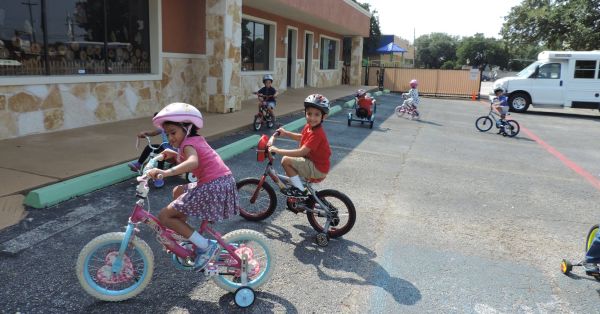
Consider Generation Y: The Millennials, children born between 1980 and 2000 and raised in a family-centered, highly educated society during a period of great affluence. With so much attention on raising happy, well-adjusted kids, one would think that the decisive manual on parenting would finally have been written, the one we all wished we had received when our babies were first born.
Yet it’s a baffling truth that Millennials have been diagnosed with depression and anxiety disorders at a higher rate than any other generation.
Parenting is simply the toughest, most complex job in the world. Most of us model our technique on our own childhood or from what we’ve gleaned from books, blogs, and more experienced buddies. But sometimes, even the best advice can lead us astray.
Slather Them With Praise
There’s no question that positive reinforcement is vital in order to raise children who feel both confident and loved. But how you praise your child matters. “I’m so proud of you for winning the race” suggests that success is the primary goal. In real life, success can be elusive and requires dedication and determination. “I’m so proud of how hard you worked” brings attention to the effort involved and teaches children that grit is necessary to reach any goal.
Don’t Let Them Fall
Those first months after your toddler starts to walk are full of terror. You follow close by to make sure he doesn’t tumble down the stairs or crack his head on the coffee table. As he becomes steady on his feet, you hold back, heart pounding, as he explores his world. The experience is terrifying for you, but you know it’s necessary for him to learn on his own, even at the cost of a bruise or two.
The same behavior applies when he’s older. After your five-year-old hits a baseball through a neighbor’s window, your instinct may be to shield your child from the neighbor’s wrath by apologizing, and paying for the damage, yourself. But shielding your son from the consequences of his actions also prevents him from understanding the impact of those actions. Learning to accept and gracefully handle the consequences of one’s own errors is an important life lesson.
It’s Just A Little Help
Visions of music scholarships or Harvard acceptance letters dance in all our heads. It’s natural to hope for the best for our children, and in this crazy, hyper-competitive world, it often seems that nothing but stellar grades matter. But too much involvement in projects or homework actually undermines the goal of learning. Too much help can instill insecurity in your child. It can mask learning disabilities from the educators trained to identify them. And it can give a child a sense that perfection, not honest and best effort, is what really counts.
We’re The Best Of Friends
There’s an old saying that if your child hasn’t said that she hates you at least once, then you haven’t done your job as a parent. That may seem extreme to anyone who hasn’t lived with a teenager, but there is an element of truth. Sometimes you have to say no, even when you know it will result in a full-blown, blue-faced tantrum, a slammed door, or hateful words. In the immortal words of Dumbledore from J.K. Rowling’s Harry Potter series, “We all must face the choice between what is right, and what is easy.”
Our Children Are Our World
We all love our children to pieces. Our lives revolve around them. But because of the demands of child-rearing, we often lose touch with old friends as well as the activities we used to love as singletons. But it’s actually healthy to show your children that the adults in the house have a life wholly outside of theirs. This gives them a glimpse of a world that’s bigger than the one that revolves around them. A world they’ll eventually move into with grace, love, and excitement.
Mistakes only prove that we’re human, which is another good lesson to teach our children.





















